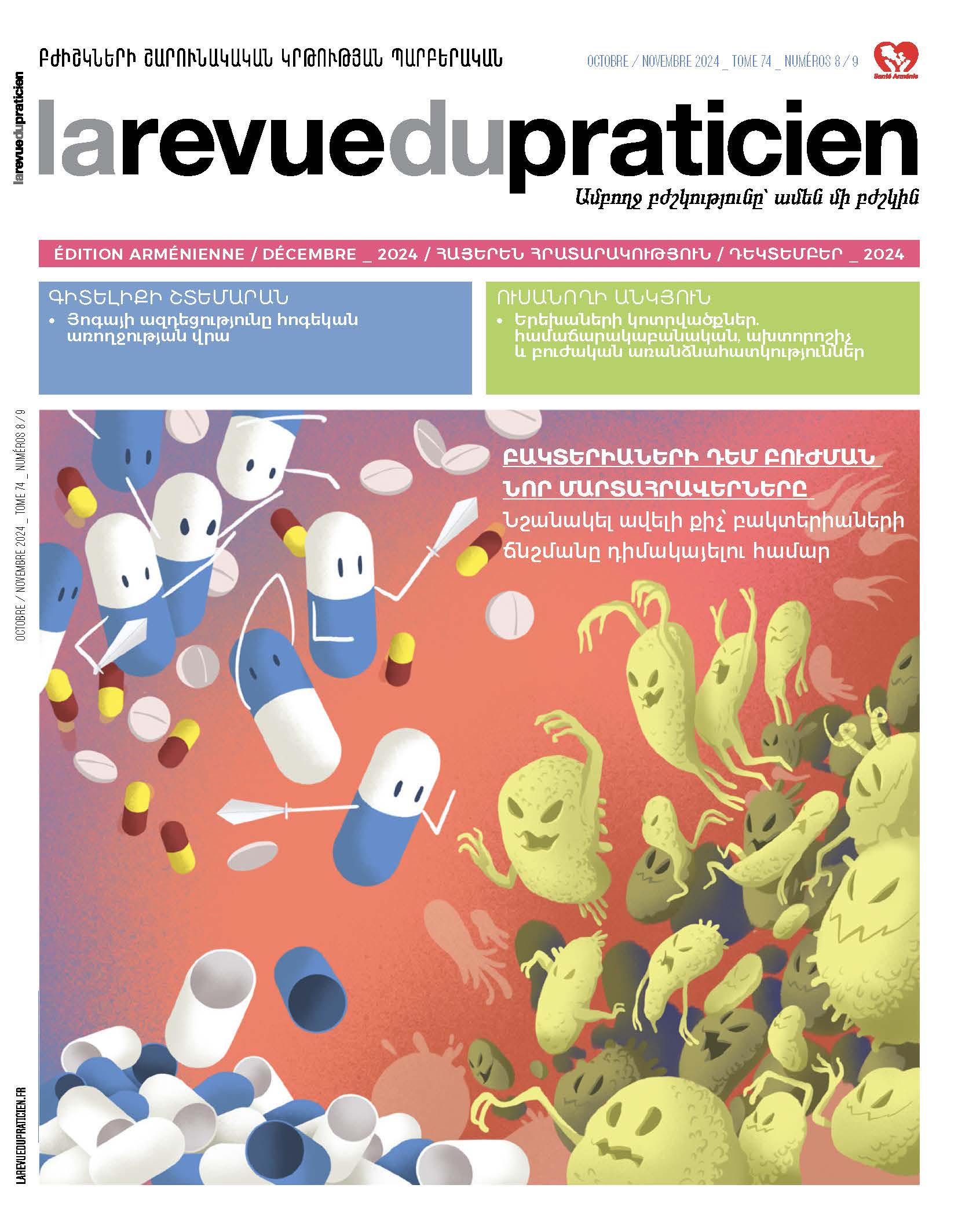Résumé
Les bactériophages, découverts au début du XXe siècle par Félix d’Hérelle, sont des virus qui infectent et détruisent les bactéries. Contrairement aux antibiotiques, les phages sont spécifiques d’une espèce bactérienne donnée. Après des premiers succès (shigellose, choléra), l’arrivée des antibiotiques a éclipsé la phagothérapie. Ce n’est qu’à partir de 2000, dans le contexte d’émergence de l’antibiorésistance, que les phages et la phagothérapie sont revenus sur le devant de la scène. Ils ont le statut de médicaments, mais leur production reste limitée. En France, des traitements sont réalisés dans le cadre d’accès compassionnels, avec de nombreux succès isolés nécessitant d’être confirmés par des essais cliniques. Certains essais sont en cours en France pour évaluer l’efficacité de la phagothérapie en association avec des antibiotiques. La France, pionnière de la phagothérapie à ses débuts et au moment de son retour, semble ralentir en 2024 par rapport à ses voisins européens. L’adoption de la phagothérapie en routine en France nécessitera encore du temps et des avancées significatives.
MeSH :
Bacterial Infections/therapy,
Bacteriophages/physiology,
France,
Humans,
Phage Therapy/methods.
Mots clés :
Bacteriophages.
